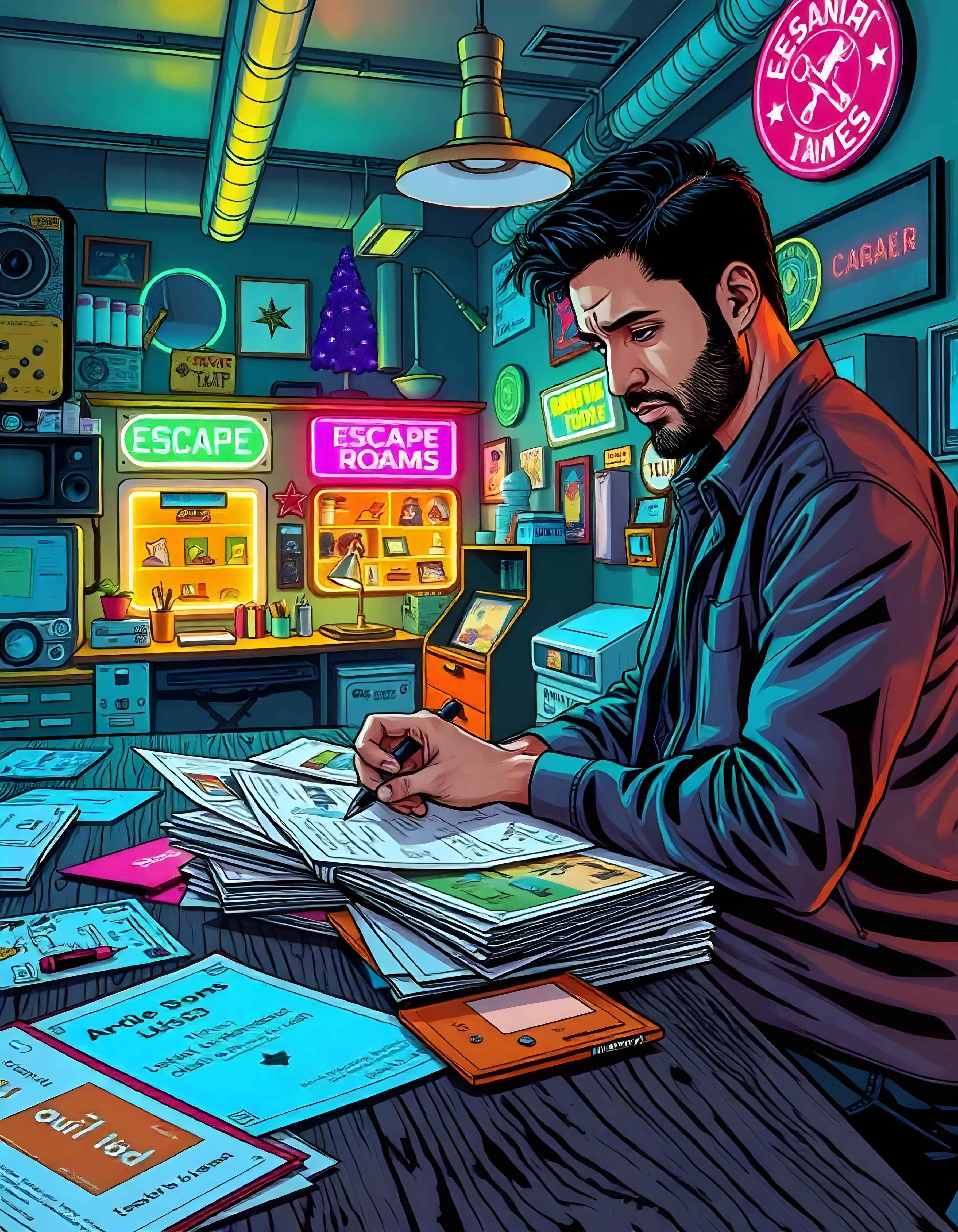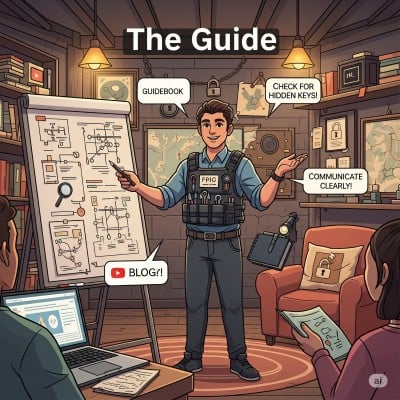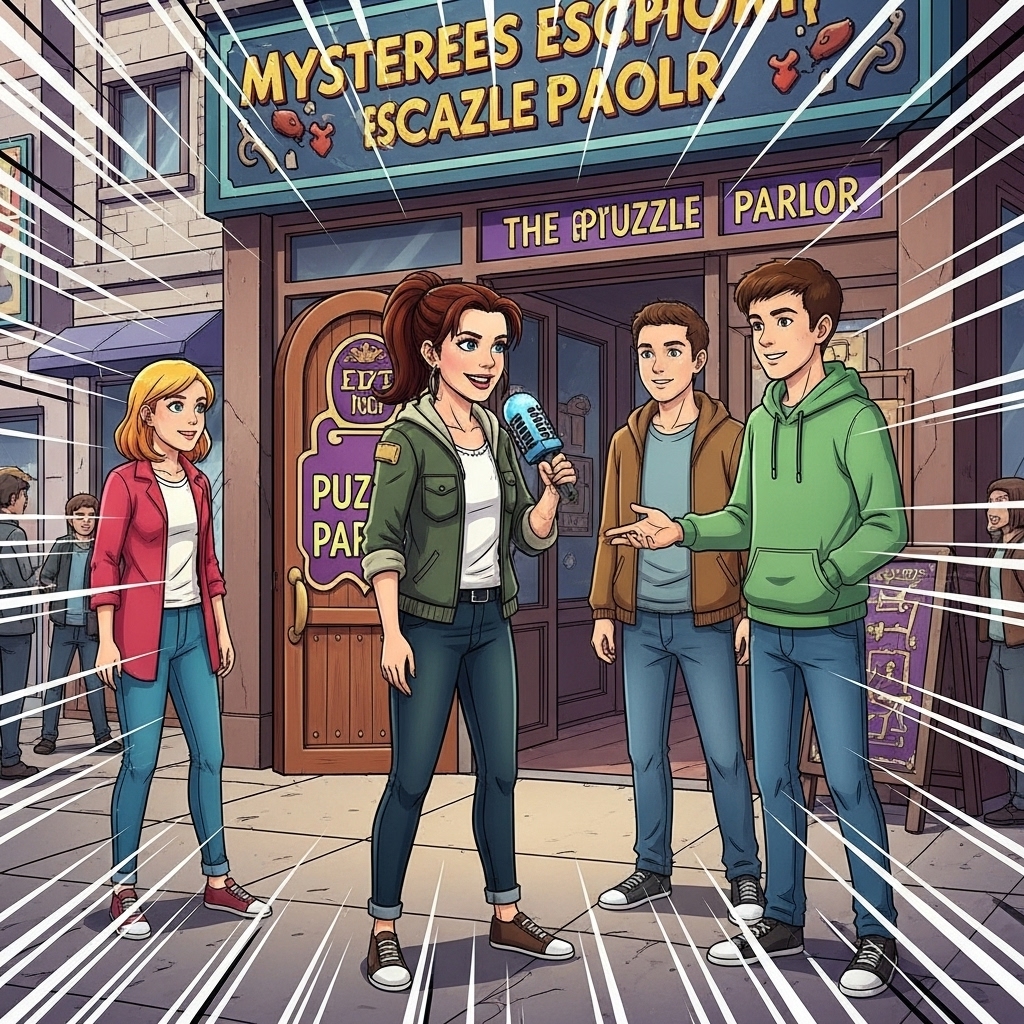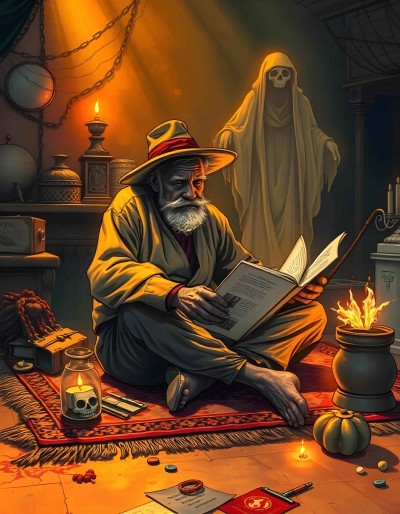Escape rooms are more than just entertainment they are microcosms of human psychology. On the surface, they appear to be collections of puzzles, props, and themes designed to challenge players for sixty minutes. Yet ⏱ ️ 👥 beneath the locks, codes, and riddles lies something far more profound: a dynamic exploration of how people think, communicate, and behave under pressure. The Theorist is the persona who unpacks these hidden layers, helping us see escape rooms not only as games but as living laboratories of human interaction 🎭 📖.
The Theorist shines a light on the invisible mechanisms that shape how we experience escape rooms. Why do some teams click instantly while others crumble under stress? What makes a puzzle intuitive to one person but baffling to another? How do time pressure and environmental cues alter the way we process information? These are the kinds of questions that the 🤝 ⚠ ️ Theorist explores, bridging the gap between fun and science. By studying team dynamics, puzzle structures, and decision-making under stress, they reveal insights that extend far beyond the escape room itself 🧠 ❓.
For players, the Theorist deepens appreciation of the experience. Instead of viewing a puzzle as simply an obstacle to be solved, players begin to 🧠 💡 recognize it as a reflection of human cognition. A word puzzle might expose strengths in linguistic thinking, while a spatial challenge highlights the value of visual reasoning. Team discussions reveal communication styles, 🪞 🎉 leadership tendencies, and the ways different personalities approach conflict or collaboration. Thanks to the Theorist, escape rooms become more than just pastimes they become mirrors in which players can see their own minds at work. 🧭
For designers, the Theorist’s insights are invaluable. By analyzing the ways players approach puzzles, they help creators refine their work to ensure challenges are fair, intuitive, and rewarding 🧩 🎨. A poorly designed puzzle can frustrate and alienate players, while a well-structured one sparks satisfaction and encourages teamwork. Theorists identify these patterns, providing constructive feedback that improves design quality and enhances the overall player experience. In this sense, they act as partners to creators, helping transform raw ideas into meaningful encounters. 📊 🎯
Organizations, too, benefit from the Theorist’s perspective. Escape rooms are increasingly used as tools for team-building, education, and even 🧩 🌪 ️ psychological research. By applying theory to practice, the Theorist helps leaders understand what these experiences reveal about collaboration, leadership, and resilience ⏳ ⚡. A group struggling to communicate inside a room may reflect similar challenges in their workplace; a team that learns to adapt quickly under time pressure may carry that skill into real-world problem solving. Theorists frame these insights in ways that allow escape rooms to transcend entertainment, becoming platforms for growth and discovery 🌍 📖.
What makes the Theorist’s role particularly compelling is their ability to connect the micro with the macro 📋 🌱. A single locked box becomes a metaphor for problem solving under constraint. A hidden code reveals how humans seek patterns in chaos. A high-pressure countdown exposes our tendency to rush decisions when time feels scarce. In connecting these dots, the Theorist reminds us that every aspect of the escape room has meaning not just in the game, but in the larger context of human behavior ⏱ ️ 🚀.

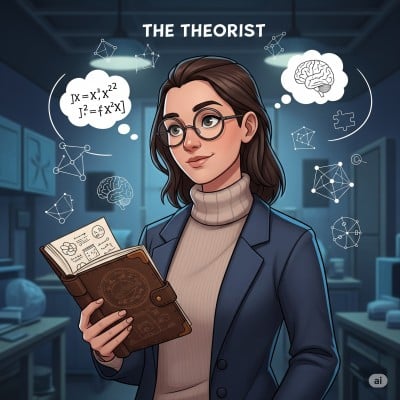


.jpg?w=293.34px)

